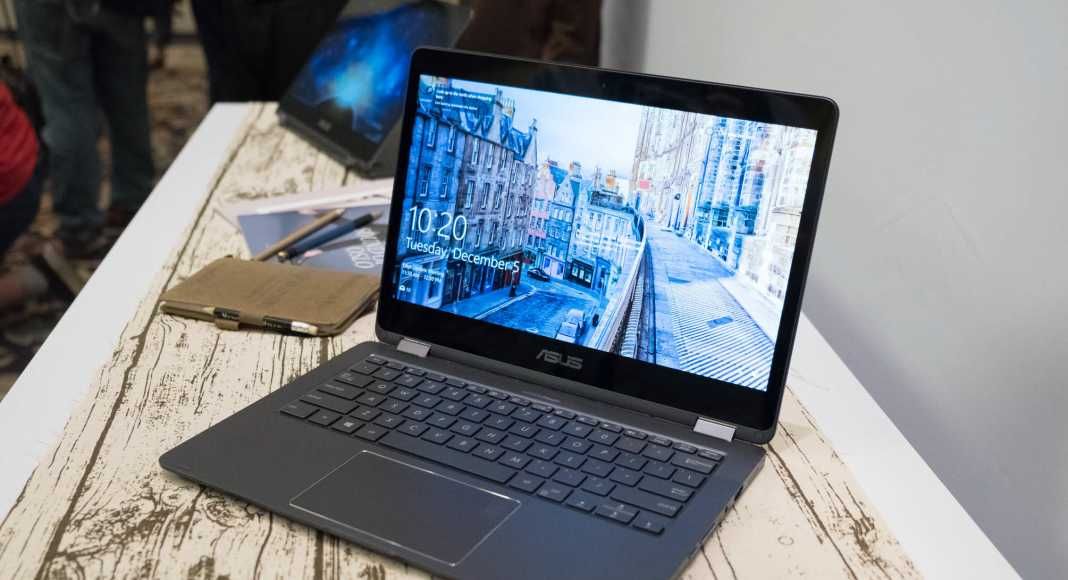Anyone in my inner circle knows my PC to be so slow and has the worst performance in the clique. It takes forever to boot and hangs up when we open to use Photoshop. Which got me into thinking into the things I can do to increase my PC speed and performance.
But what is the best way to upgrade your computer? I’ll be giving you what I went through to boost my machine. Here’s the guide to the best PC upgrades you can make.
1. Start off with adding some RAM chips
Adding more memory is the easiest and most accessible PC upgrade you can make. It’s affordable, you can do it on almost any machine (including many laptops), and it doesn’t require much tech know-how.
A RAM upgrade delivers an instant performance boost to almost all PCs that are running slow. For resource hungry tasks like video editing or gaming the more RAM you have, the better.
Even for casual use, extra RAM will enable you to have more apps running in the background or keep a greater number of tabs open in your browser.
So how much RAM do you need?
- 4GB is the baseline amount. It’s good for general use, with up to around 10 browser tabs, a little photo editing, and video streaming.
- You’ll notice a significant improvement if you upgrade to 8GB. This is good for serious multi-tasking. You can choose to add much RAM chips as you wallter can support.
2. Consider Upgrading the Graphics Card
I have got this second on the list, but if you’re a serious gamer then it should probably be the first thing you upgrade. If you aren’t a serious gamer, 3D modeler, or 3D animator, then you might not ever need to upgrade it at all.
And on modern systems integrated graphics is good enough for most users. It’ll let you do some Photoshop work, or watch 4K video. And more than 10 percent of users on Steam are even gaming with integrated graphics.
But if you do need superior graphics performance, for gaming or VR work, then upgrading to something like the Nvidia GTX series will give you a big boost. You can compare the performance of dedicated cards against your current option at gpu.userbenchmark.com.and understand the overall components status of your machine.
READ ALSO: Google has disconnected Photos and Drive. Here’s how to keep your photos synced
3. Get a Faster PC Storage Drive
There are two reasons to upgrade your hard drive: either when you’re running out of space or you want faster performance.
If you’ve done everything you can to free up your hard disk storage and still regularly run out of space, then you will need to swap it out for a larger one. Not only does a full hard drive make it impossible to save new data, but it can also impact performance. At the very least, try to keep 10GB of free space for the operating system to use.
But the fastest option is to switch to a solid state drive. These use flash memory instead of a spinning disk and are many times faster than a typical hard disk drive.
Ultimately, a faster data drive impacts your entire system. It means faster boot times, faster program loading times, faster speeds for launching games, and more responsiveness in programs that use large files (like video editing).
The downsides to SSD solid state drives are that they have much smaller capacities and are crazy expensive than the normal hard disk drives.
4. Upgrading the PC Processor
Upgrading your PC’s processor is a far more advanced task than the other upgrades we’ve covered so far. Not only is it physically trickier to install, it’s one of the more expensive upgrades and there are compatibility issues to worry about, too.
More importantly, a processor upgrade isn’t always a good thing and may not bring you the performance improvement you’re looking for.
A processor is only worth upgrading if the upgrade is significant, like moving from an i3 to an i5, or from an older generation to a newer one. Don’t go for something just because it has a faster clock speed.
Processors are expensive and may require you to upgrade your motherboard (and that might require you to buy new RAM). Even if your motherboard is compatible with a new processor on paper, it may need a BIOS update to work. It can be a pain, so check before you buy.
5. Upgrading Software/OS Can help Improve PC Performance
Chances are that the programs on your PC are set to update automatically. If not, you probably click the Update button as soon as you’re alerted to the release of new program versions.
In most cases, especially with apps and other computer softwares whenever a version has a problem or a bug minor updates and revisions should be updated to fix the errors.
The same goes for operating system updates. The regular incremental updates are essential for performance and security reasons, but whole new versions aren’t. They will almost certainly have bugs and may run slow on your system.
If your PC is running fine, it’s worth holding off on operating system upgrades until you’re absolutely sure they won’t turn out to be downgrades.


